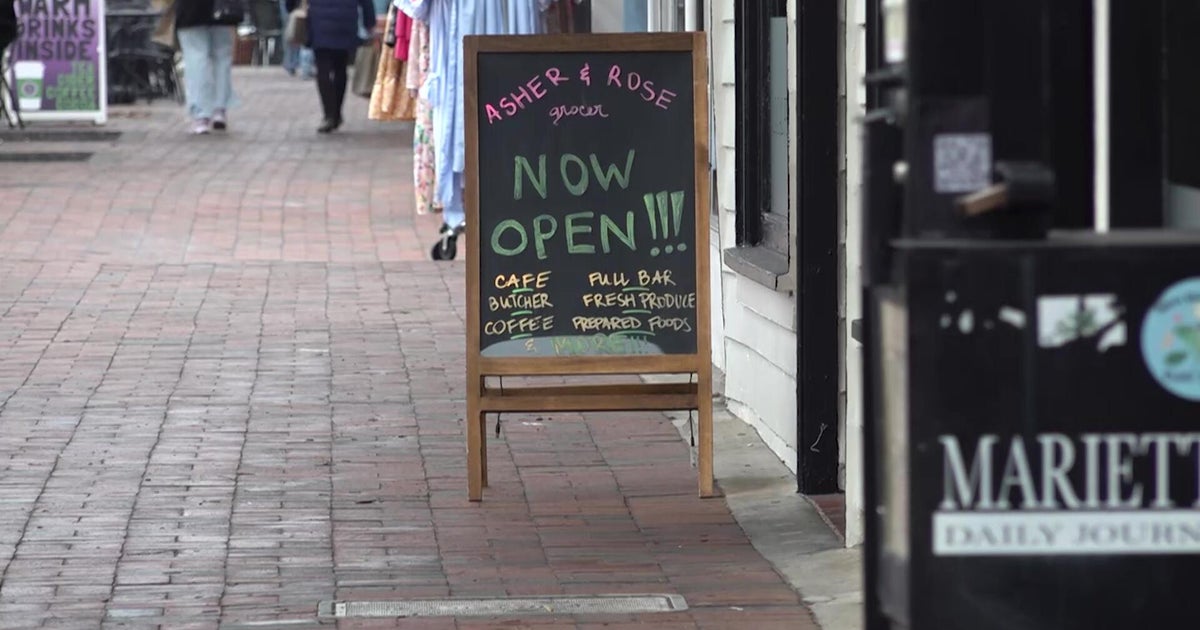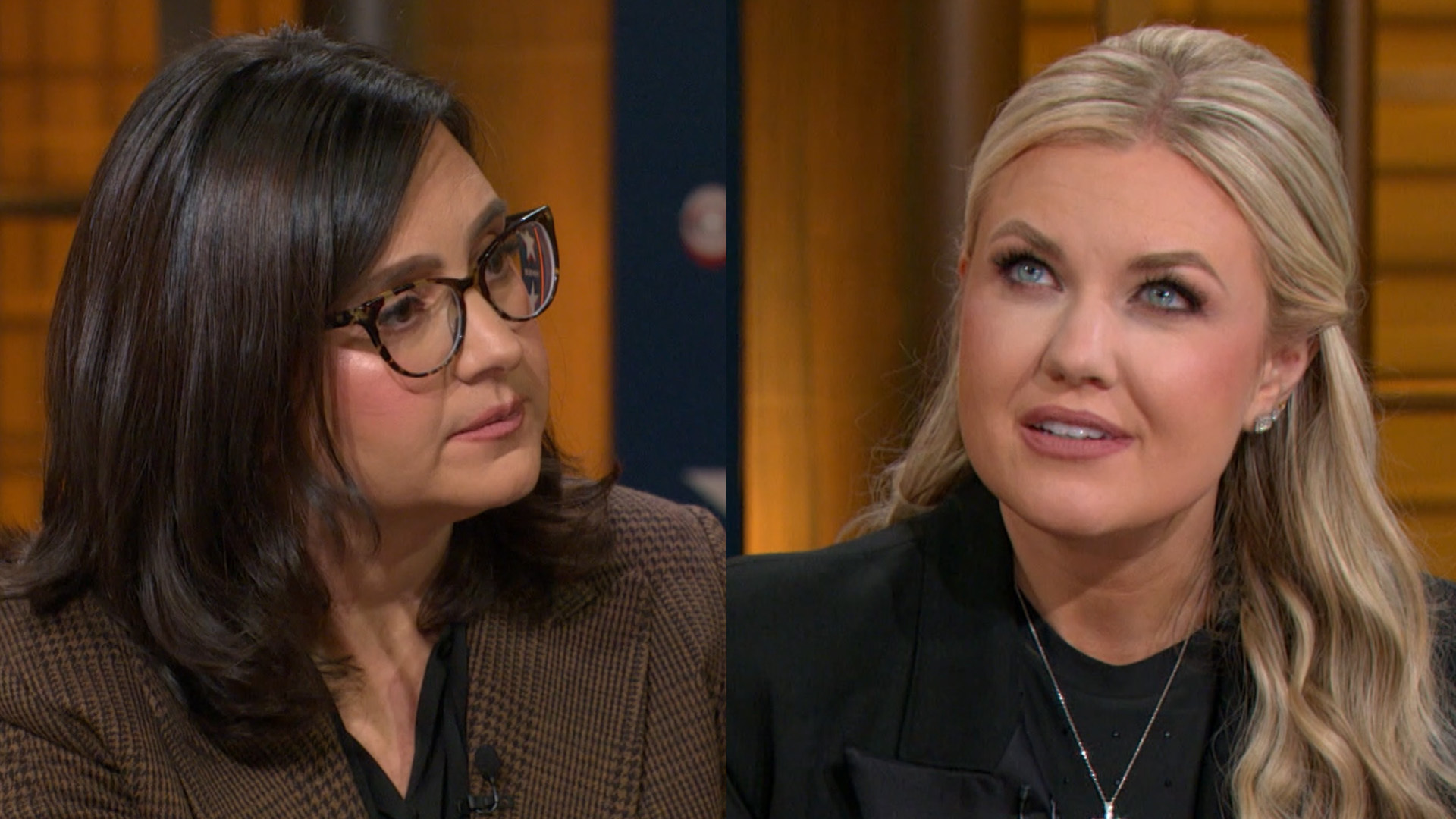Lab-grown palm oil could offer environmentally-friendly alternative
New York City — What scientists are brewing inside a New York City lab could dramatically change the products people use every day.
Shara Ticku, co-founder of C16 Biosciences, took CBS News inside the lab where the company grows an alternative to palm oil. Ticku said yeast plays a key role in their development process.
"Palm oil is responsible for making hand soaps, foam and cleanse," Ticku explained. "It makes the color stay on your lipstick and on your lips. And it helps create a smooth spreadable emulsion in peanut butter."
Palm oil is the most popular vegetable oil in the world, and more than 1.7 million tons were consumed in the U.S. in 2022, according to numbers from Statista.
But it can be as destructive as it is versatile. The World Wildlife Foundation says large-scale palm oil harvesting destroys rainforests and pollutes communities. It is found in more than half of packaged products on supermarket shelves, the conservation organization said.
The Roundtable on Sustainable Palm Oil, a trade group for the palm oil industry, told CBS News in a statement that "while many exciting alternative palm oil solutions are being developed, curbing the immediate impacts of palm oil production will require solutions that are already scalable."
C16 Biosciences would not give CBS News specifics about how much of its palm oil alternative it produces, the company said it generates "metric tons" every week. It has also partnered with beauty companies and hopes to expand to food.
"Lab-grown variety may well save the day," climate economist Gernot Wagner told CBS News. "Big question, of course, is this sort of approach the one that will in fact be scalable, and that doesn't have its own negative, broader environmental societal costs?"
For Ticku, the proof is in the process.
"Our process today takes about six days from when we start the process until we extract the oil," Ticku said. "If you plant that today, it takes seven years."
"That's the power of biology," she adds.



